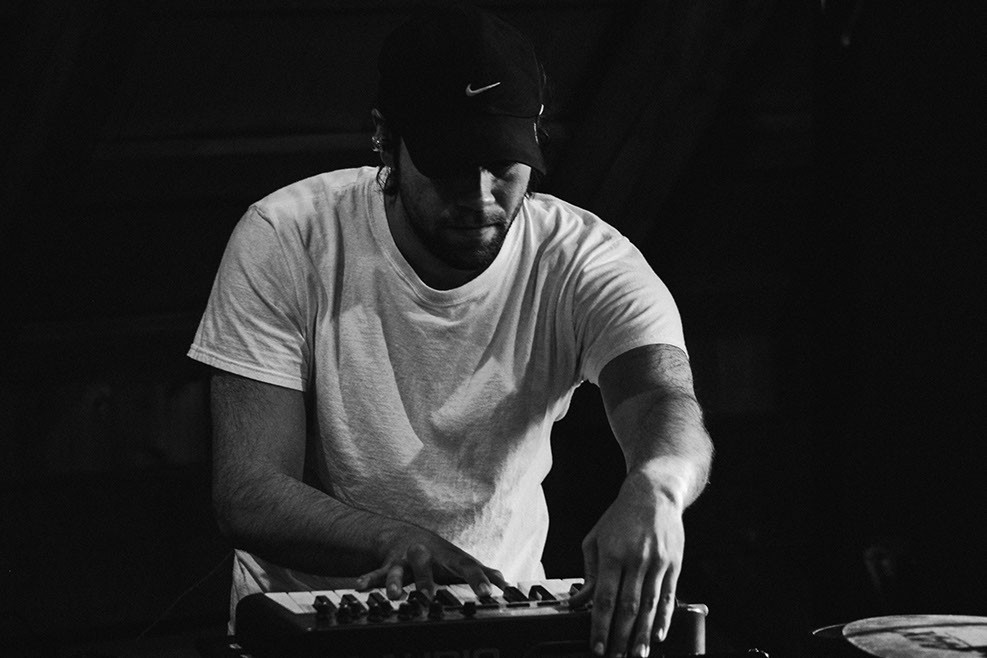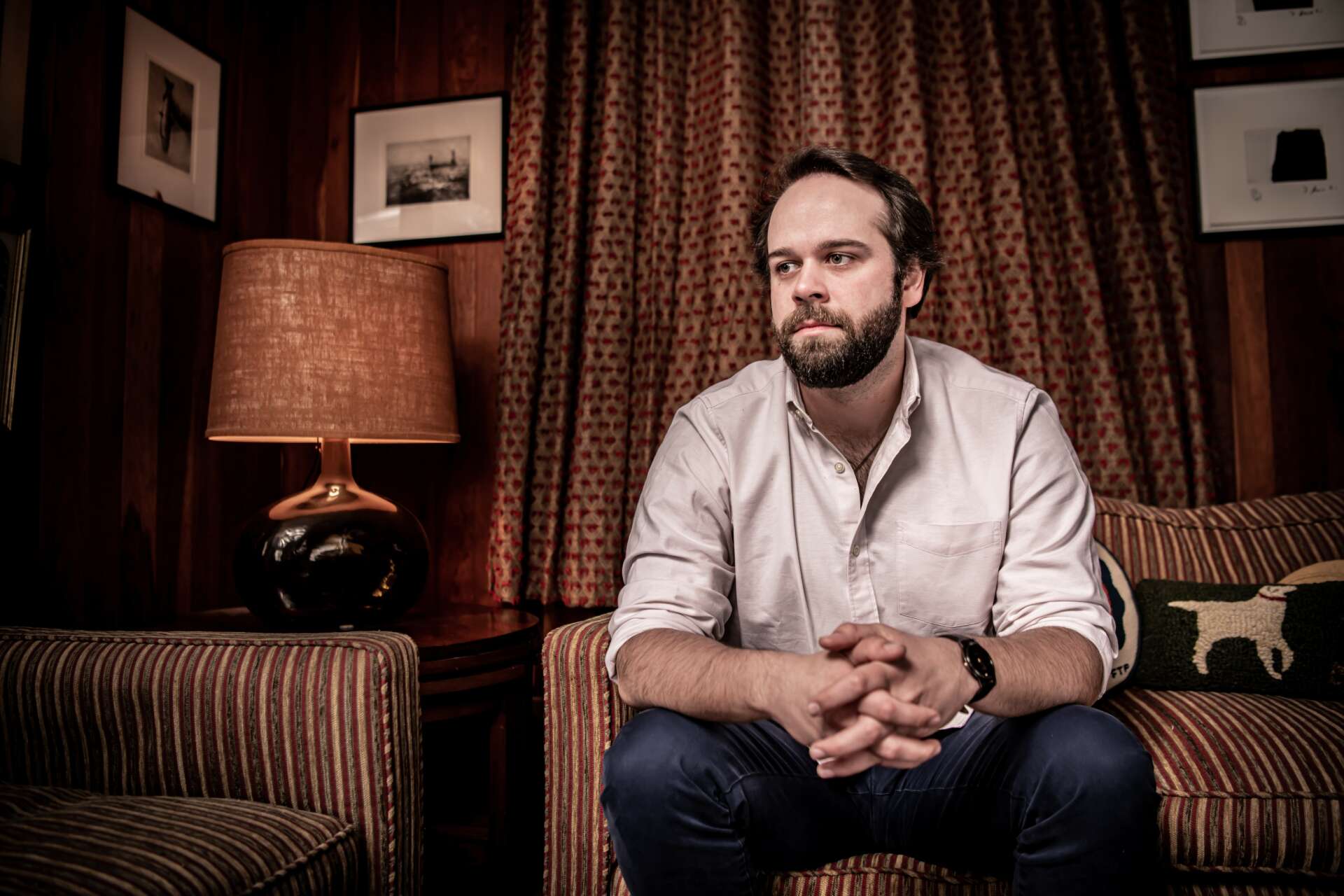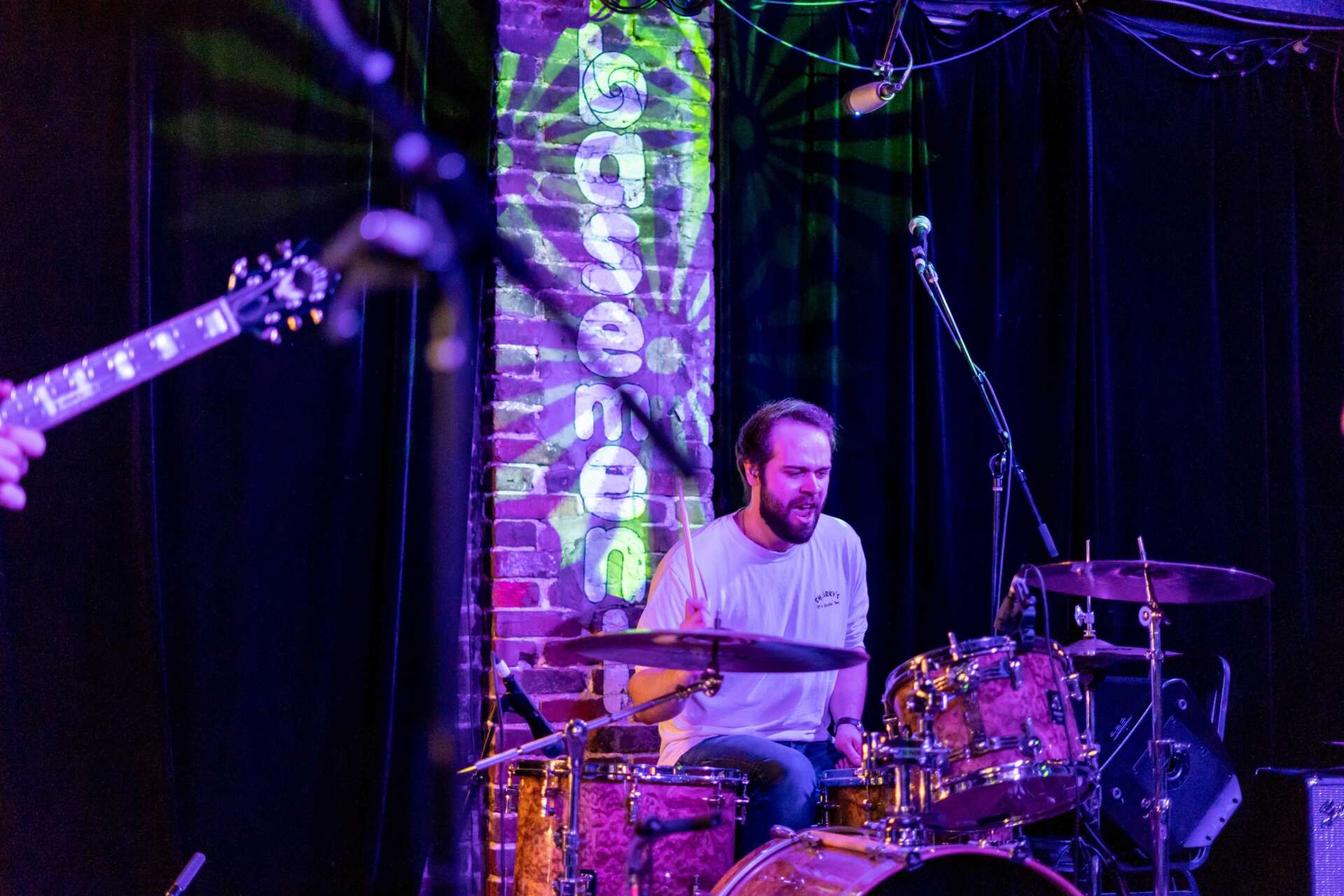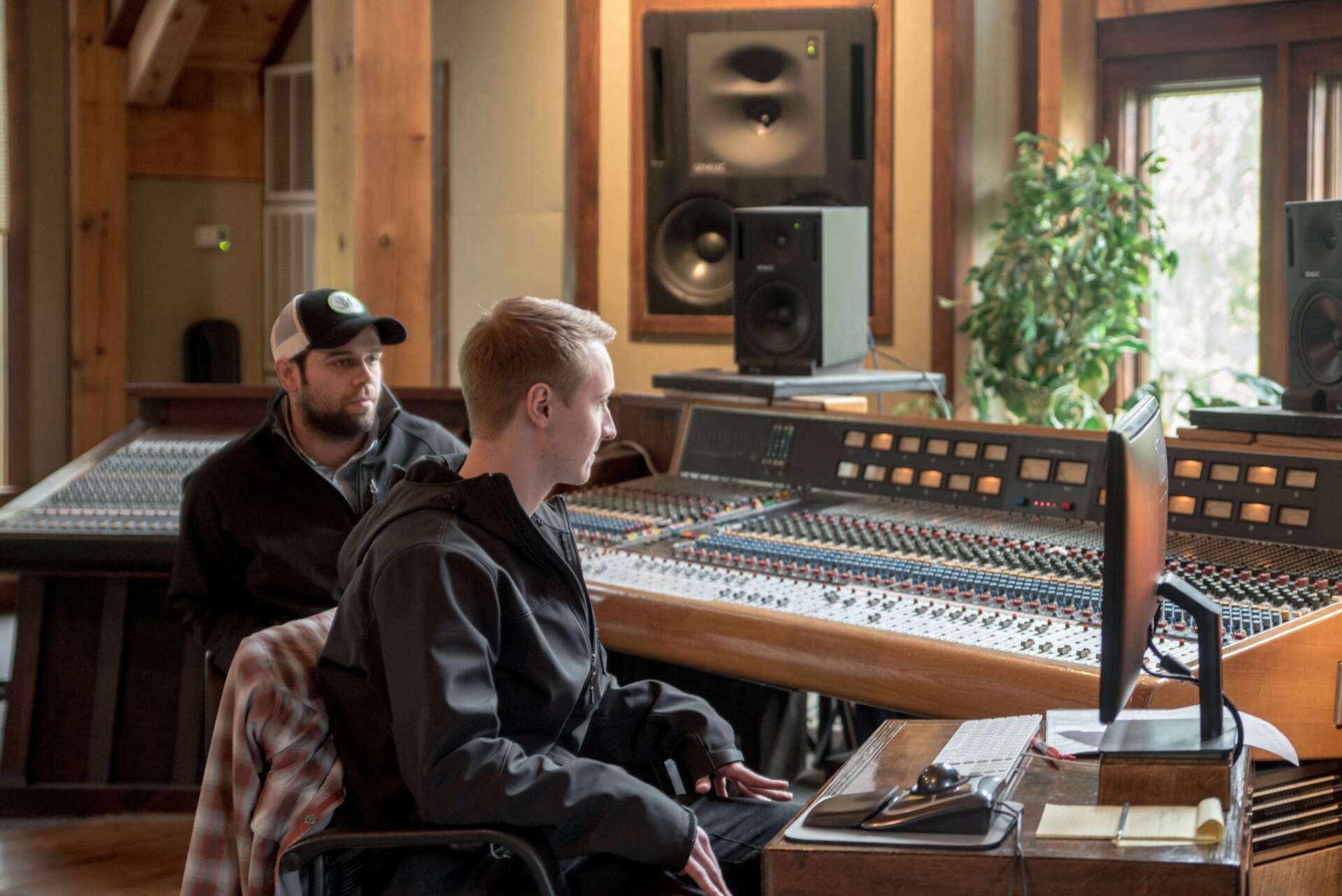We’re excited to introduce you to the always interesting and insightful Harris Owens. We hope you’ll enjoy our conversation with Harris below.
Harris, appreciate you joining us today. Owning a business isn’t always glamorous and so most business owners we’ve connected with have shared that on tough days they sometimes wonder what it would have been like to have just had a regular job instead of all the responsibility of running a business. Have you ever felt that way?
There is so much I’d like to talk about here. … I think the primary reason this is a difficult question to answer is because I operate a business doing what makes me happy to support myself financially. There is always a battle to not lose what you love when it is everything that you do. It’s very hard to be creative on demand, and I think that is a skill that comes with time management and understanding yourself – when you work best, how you work best, what fuels your creativity, etc.. I find a lot of happiness in understanding what drives me to continue doing what I love and learning new things along the way.
However, I think there will always be mental conflict when your financial life is supported by something that is also a passion. People pick up hobbies/creative arts/sports as ways to focus and take their mind off of work, but when your hobby is directly related to your work, mental conflicts arise because you can never “get away”. It’s a tough feeling to describe, but I feel overworked 24/7.
I think about what it would be like to have a regular job every single day. I think about what it would be like to work from 9-5 and be able to leave everything at work. I think about what it would be like to have a manager/someone above me to tell me what to work on next, because sometimes it is hard to decide what will be best. I think about what it would be like to relate to people when it came to work life.
I think one of the biggest things I think about is what it would be like to be paid a salary or hourly with a scheduled week. In a freelance creative position, you need to be sure you trust the people you work with on another level. If I’m relying on someone else to finish something and it doesn’t get done in time, then I don’t get paid. … If I’m a project manager being paid a salary/hourly by a larger entity/company, I’m still going to get paid.
In short, I’ve realized time is the biggest investment as a freelancer. I find myself having to sacrifice social life / everyday things to invest in time to develop a craft to a point where it’s efficient. I may not be paid for that time of development, but there isn’t time to make mistakes when an actual opportunity arises. … I feel like I’m constantly preparing for something. I think you have to sacrifice A LOT as a freelancer, but there is a drive of making that sacrifice worth it.


Great, appreciate you sharing that with us. Before we ask you to share more of your insights, can you take a moment to introduce yourself and how you got to where you are today to our readers
I am a composer, producer, and multi-instrumentalist based in New York, NY. I primarily compose and produce music for film/TV, but also work along side songwriters, artists, and other producers.
I fell into the world of composition and sync-licensing after graduating from Belmont University in Nashville, TN with a degree in Music Business (AoE: Production). I began composing and producing original music for film & TV libraries. I’ve written, produced, and licensed original compositions for companies such as Vanacore Music, Howling Music, Champagne Breakfast, Whizbang, Musicbed, Filmpac, Pink Shark, amongst others. I started releasing music publicly under my own name in 2020, but also release music under a number of different artist monikers and license the artist projects for use in film/TV.
What I’m most proud of is my ability to produce music quickly/efficiently without losing personality in the production process. My goal is always to let my music possess an organic quality, no matter what the genre may be. … With technology providing so many opportunities to make music production sound perfect, it’s easy to believe that using technology increases the quality of the music. In my experience, using the technology improves efficiency, not quality. It’s more about how and when you use it.
When considering work/clients in the process, I’m able to provide quantity AND quality in a market that can primarily only offer one or the other.


If you have multiple revenue streams in your business, would you mind opening up about what those streams are and how they fit together?
Yes – in fact, this is one of the hardest things to manage/track because there are multiple types of copyrights associated with a song. It’s important to have a good understanding of the differences since they can function as long-term and short-term earnings – I’ve always thought of a song/recording as a stock that you can buy/sell/trade/promote. Some of the most common revenue streams I work with include: …
– Mechanical royalties from DSPs (digital streaming providers)
– Songwriting royalties from PRO (performing rights organizations)
– Publishing royalties from PRO (performing rights organizations)
– “Sych-fee” / film & TV placement payments
– Monthly and/or yearly licensing payouts from micro-licensing websites.
– Work-for-hire projects
Is there something you think non-creatives will struggle to understand about your journey as a creative? Maybe you can provide some insight – you never know who might benefit from the enlightenment.
An enormous amount of work that happens in the music industry is behind the scenes. I’ve found it’s difficult for people outside the industry to believe that someone doesn’t need to be in the public eye to make a living from music composition (but it definitely doesn’t hurt you). Most music supervisors and industry professionals don’t form judgements based on your popularity, they base you on your quality of music and how quickly with can compose quality music. The challenge most people face is getting the music to those individuals.
You can have a successful career in the creative side of the music industry without having thousands of followers on a social media site.
Contact Info:
- Website: harrisowens.com
- Instagram: harrisowens
- Linkedin: https://www.linkedin.com/in/harrisowens/
Image Credits
Photo 1 (In studio): Alexandra Cole Photo 3 (Drums): Bert White


